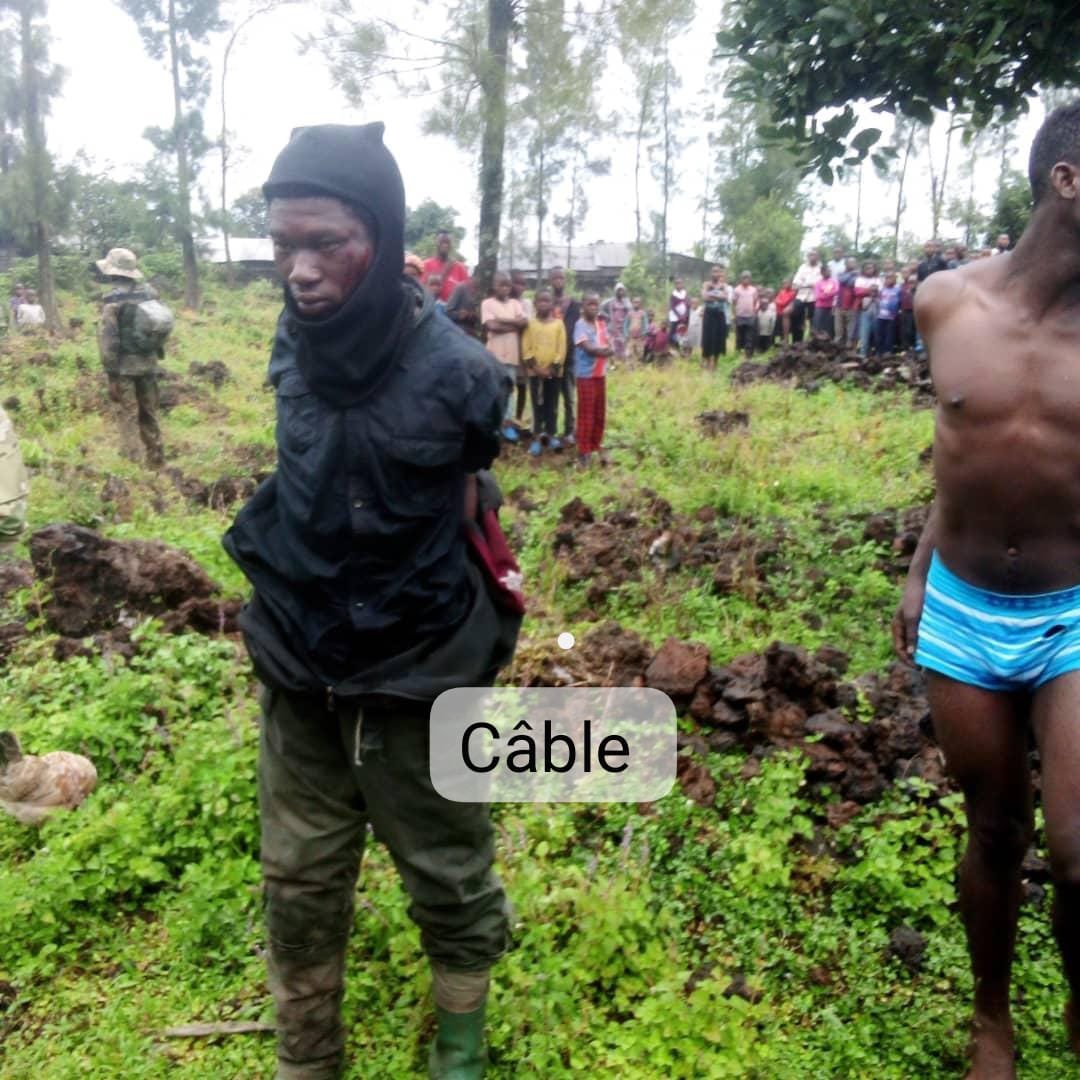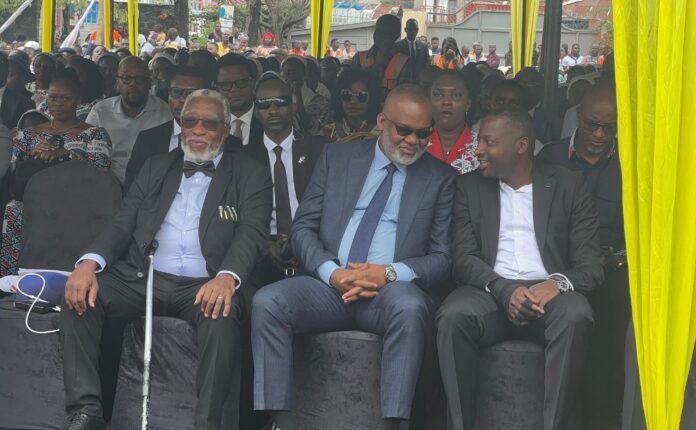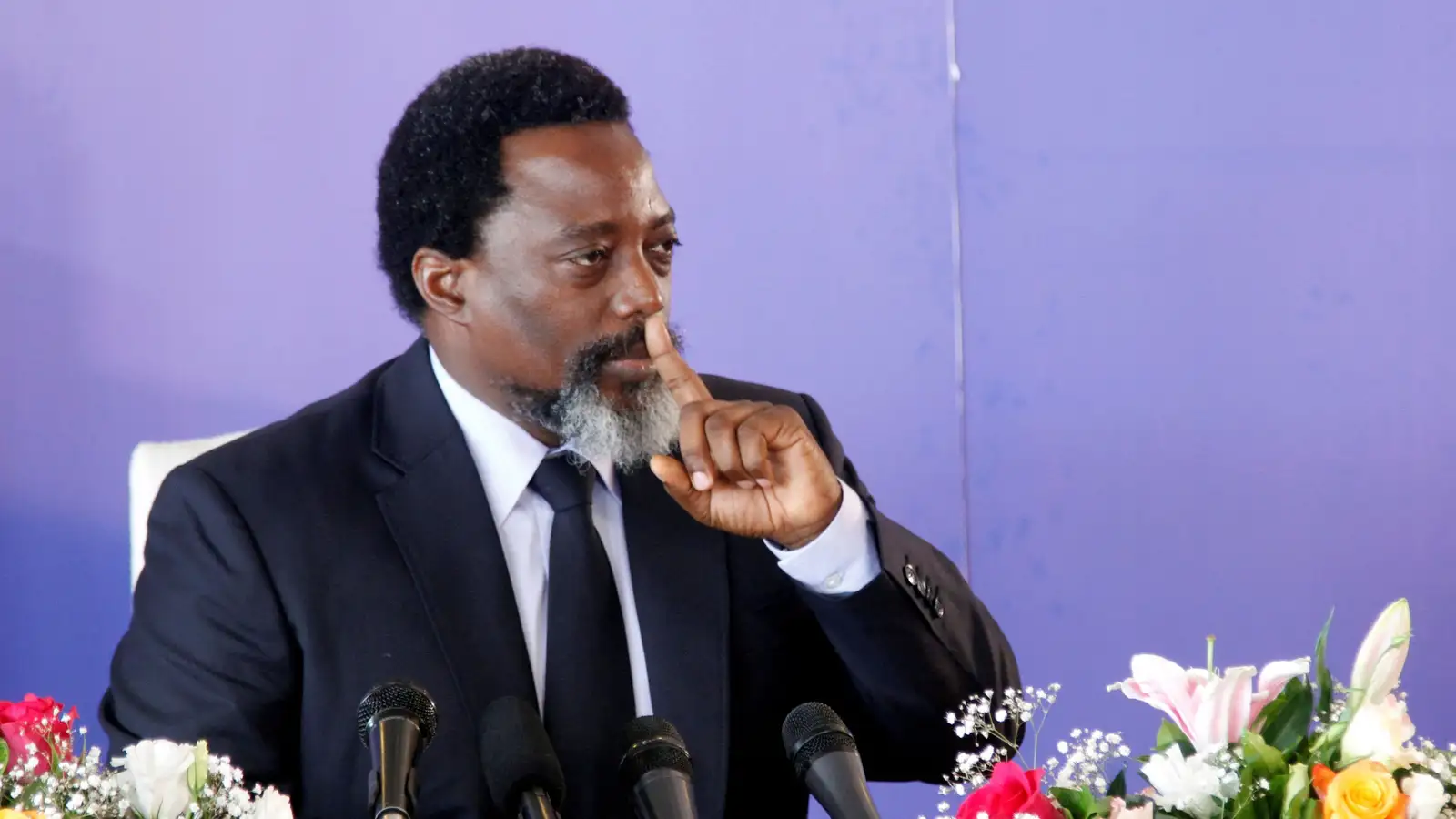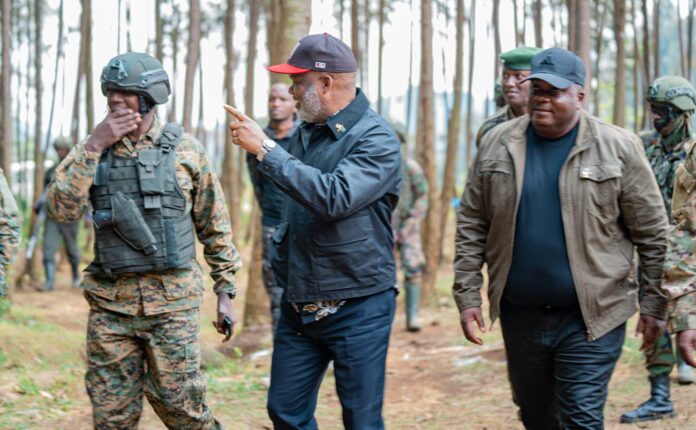GOMA, Democratic Republic of Congo the Congolese army has intensified its military operations against the Wazalendo militias in the eastern city of Goma, following a surge in armed confrontations. A viral message on social media, echoing the government’s hardline stance, declared: “You were told to lay down your arms, you didn’t listen this is the result.”
Note: Company, Blog, Church websites are free.
According to military sources, dozens of Wazalendo fighters have been captured alive, while others were killed in the latest wave of fighting. The message, widely circulated online, portrays the operation as a decisive moment in the army’s ongoing effort to “cleanse” the region of armed groups.
The eastern provinces of the Democratic Republic of Congo, particularly North Kivu, remain a hotspot of instability. The region has long been plagued by the presence of local and foreign armed groups, contributing to a cycle of violence that has displaced millions.
The Wazalendo militias, initially formed as self-defense units by local communities, have grown increasingly organized and militarized. While they claim to protect civilians from foreign rebels and government neglect, authorities in Kinshasa accuse them of contributing to insecurity and defying state authority.
The military’s show of force has raised concerns among rights groups and civil society organizations, who warn of possible abuses during the crackdown. Reports of summary executions and arbitrary detentions in past operations have led to calls for accountability and respect for human rights.
“The fight against armed groups must not come at the expense of civilian protection and the rule of law,” said a representative from a Goma-based human rights NGO.
The security crisis in eastern Congo is deeply rooted in decades of conflict, regional interference, and the absence of effective state control. Despite ongoing peace initiatives and the presence of UN peacekeepers, the Congolese army continues to face challenges in neutralizing armed groups while maintaining public trust.
Analysts caution that military solutions alone may not resolve the conflict. “There needs to be a parallel track of dialogue, reconciliation, and meaningful governance reform,” said Jean-Marc Kabeya, a political analyst based in Kinshasa.
As the situation evolves, the government’s latest offensive signals a renewed push to assert control over a volatile region. But without a comprehensive approach addressing both the armed groups and the grievances that fuel them, lasting peace may remain elusive.



